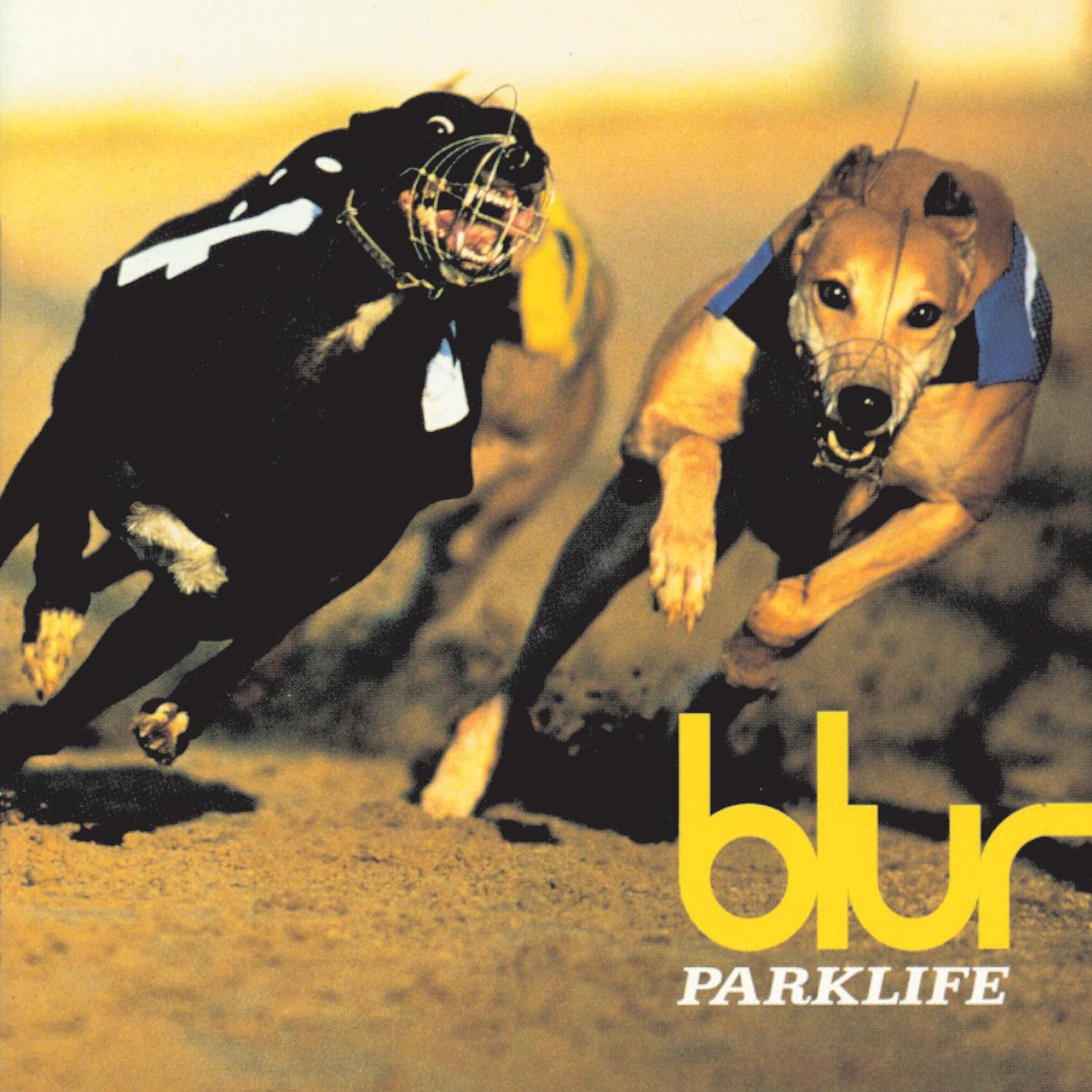
It seems counterintuitive — if not just plain wrong — to call Parklife underappreciated. The third album from Damon Albarn’s band Blur, which celebrates its 20th anniversary this month, stayed on the charts in its native United Kingdom for 90 weeks, won numerous awards including Best British Album at the Brit Awards in 1995 and received rave reviews from critics. It was also the album many people point to as Ground Zero for what soon became known as Britpop. Therein lies some of the problem.
Britpop, for those who weren’t around and in the U.K. at the time, was an outgrowth of the British indie music scene in the mid-1990s that saw a re-examination of British guitar-based rock music in the wake of grunge’s noisy nihilism. Beginning in 1993, bands like Blur, Suede, Pulp and Elastica revived sounds and threads from earlier genres and bands, representing them with a new confidence and tongue-in-cheek attitude. By the time Oasis made it into the mainstream in the latter half of 1994 — refining that recipe to replace detached irony with a sincere belief in the myth of rock and roll — Britpop had become the soundtrack of the country, never mind a generation. “Cool Britannia” was a phrase uttered without sarcasm. Blur, and the Parklife album in particular, were the heart of that.
There was a time when everyone you knew knew songs from Parklife by heart. Parklife wasn’t underappreciated — but it was misunderstood.
Britpop fractured; there was no way that something that big couldn’t. By mid-1995, with new albums due from both bands, there was an apparent feud between Blur and Oasis that divided fans. Oasis had a proletarian appeal, eschewing the observational, dryly comedic lyrics that made Blur famous for passionate exhortations for listeners to “roll with it.” They reminded the public that they were “free to do whatever [they] like if it’s wrong or right [because] it’s alright,” never mind the lack of clarity on what “it” actually was. Consequently, Blur was derided as pretentious, insincere and overly intellectual. As Oasis’ stock rose, so did the belief amongst listeners that sincerity was synonymous with quality, and Blur’s Albarn found himself under fire from fans and critics for not singing about “himself.” As the larger genre limped towards irrelevance over the next couple of years — arguably culminating in Be Here Now, Oasis’ unexciting third album — the whole thing was declared little more than an exercise in 1960s nostalgia gone wrong by critics embarrassed by their wholesale embrace of it years earlier.
Listening to Parklife again today, one of the first things you realize is that there really isn’t that much of the ’60s in there. That’s not to say that the album isn’t filled with references and outright theft at times (“Jubilee” sounds like a close relative of David Bowie’s ”Boys Keep Swinging”, although not as close as Blur’s later ”M.O.R.”), but unlike Oasis’ fondness for the Beatles discography, Parklife’s lending library runs across decades: you can hear hints of XTC, Ray Davies, Gary Numan and the English New Romantics of the 1980s, not to mention the jazzy French romantics of the 1960s throughout the album.
For all that Parklife is the work of a young band — “the mind gets dirty as it gets closer to thirty,” one line goes, with the big three-oh still seeming like a distant destination — it’s a remarkably confident, even cocky album. (A line from critic David Quantick about the Beatles recording Revolver and realizing “we are young and we can do anything” — that combination of talent and the invincibility of youth — comes to mind.) But Parklife is also a kind one, as well. “We all say, don’t want to be alone” Albarn sings in “End of A Century.” In “This Is A Low,” he sings of melancholy as something that can bring comfort: “It won’t hurt you/ When you’re alone, it will be there with you.” Even the album’s “comedy” songs show empathy towards their target characters. “Jubilee” is an outsider hated by all, who would love to be accepted but “no-one told him” how to do it, or where to go. For all that the Blur of this era would be attacked for being too arch and unemotional, Parklife is as warm and inviting as anything Oasis (or any other Britpop band) released during the same period.
Parklife may have inspired other bands to reach into their record collections, but it has a breadth and heart that so much of what followed lacked (including the band’s own The Great Escape, which feels cynical and uninspired in comparison). It has an inclusiveness towards music that stands at odds with the small-minded attitude that ended up defining so much of what Britpop became. In many ways, Parklife is larger than the genre that grew up around it, holding it up as a standard-bearer so proudly. It sounds as fresh today as it did 20 years ago — a summation of British pop music up to that point in all its occasionally contradictory, throwaway glory.
More Must-Reads from TIME
- Donald Trump Is TIME's 2024 Person of the Year
- Why We Chose Trump as Person of the Year
- Is Intermittent Fasting Good or Bad for You?
- The 100 Must-Read Books of 2024
- The 20 Best Christmas TV Episodes
- Column: If Optimism Feels Ridiculous Now, Try Hope
- The Future of Climate Action Is Trade Policy
- Merle Bombardieri Is Helping People Make the Baby Decision
Contact us at letters@time.com